In response to the growing demand for fertilizer and lentils, the government of Bangladesh has approved separate proposals for procurement, totaling approximately 1.70 lakh metric tons of fertilizer and 10,000 metric tons of lentils.
Chaired by Finance Minister Abul Hassan Mahmood Ali, the 11th meeting of the Cabinet Committee on Government Purchase (CCGP) convened today at the Cabinet Division Conference Room at the Bangladesh Secretariat. Despite being infected with COVID-19, Minister Ali chaired the meeting virtually.
Following the meeting, Cabinet Division Secretary (Coordination and Reforms) Md Mahmudul Hossain Khan briefed reporters on the outcomes, announcing the approval of a total of 19 proposals.
Among the approved proposals were procurement plans from various ministries, including Commerce, Agriculture, Secondary and Higher Education, Industries, Power, Local Government, and Railways.
The Ministry of Commerce's proposal greenlights the Trading Corporation of Bangladesh (TCB) to procure 10,000 metric tons of lentils locally. Additionally, the Bangladesh Agricultural Development Corporation (BADC) will procure 40,000 metric tons of MOP fertilizer and 40,000 metric tons of DAP fertilizer, as per separate proposals from the Ministry of Agriculture.
Furthermore, the Bangladesh Chemical Industries Corporation (BCIC) will procure 30,000 metric tons of bulk granular urea fertilizer from Muntajat, Qatar, and SABIC Agri-Nutrients Company, Saudi Arabia. Additionally, BCIC will purchase 30,000 metric tons of bagged granular urea fertilizer.
In a move to enhance infrastructure, the meeting approved the construction of four buffer godowns in Joypurhat, Sirajganj, Lalmonirhat, and Dinajpur districts for the preservation and distribution of fertilizer.
Moreover, a proposal from the Ministry of Railways was approved, reallocating Taka 177.48 crore for the procurement of meter gauge diesel electric locomotives and passenger carriages, with an additional 35 meter gauge carriages to be procured using unused loan amounts from the Economic Development Cooperation Fund (EDCF).
These procurement initiatives aim to bolster the country's agricultural sector and meet the growing demands for essential commodities, ensuring stability and sustainability in Bangladesh's agricultural landscape.



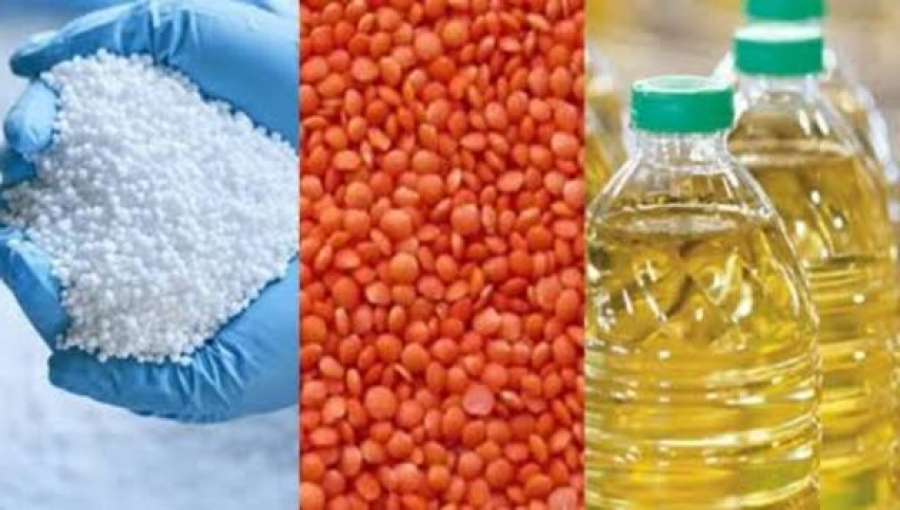






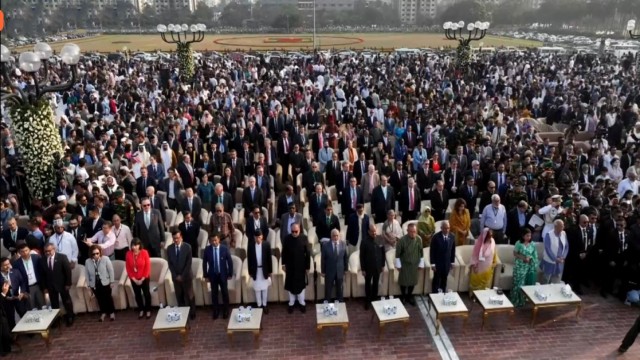

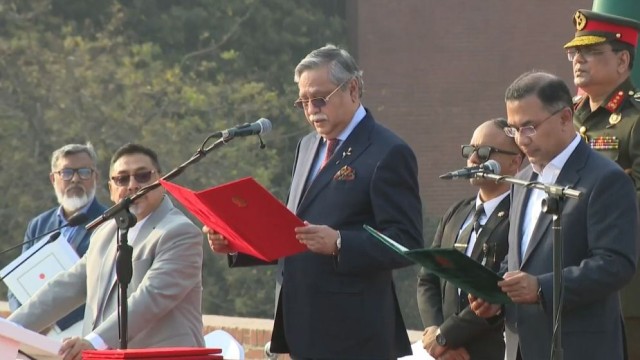
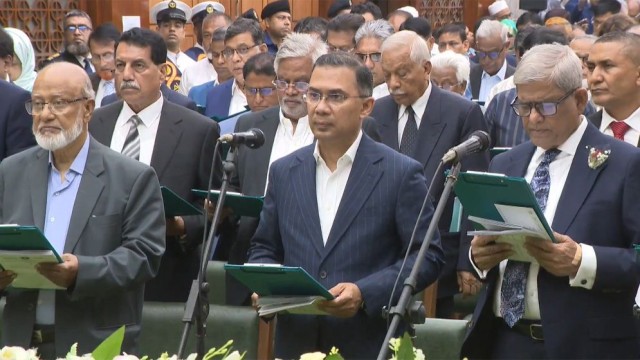
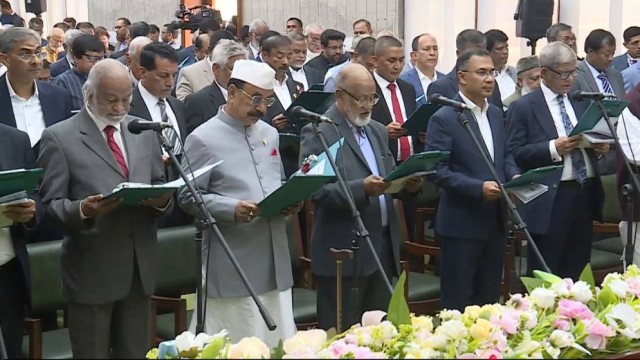
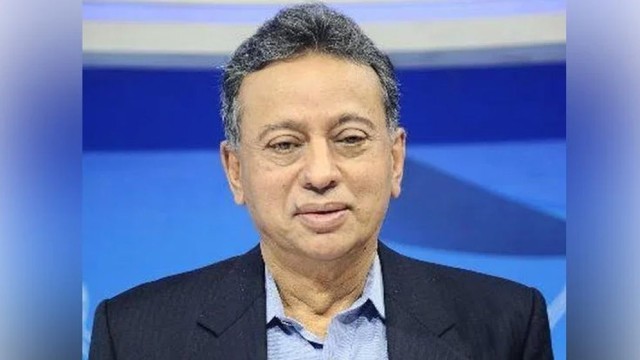
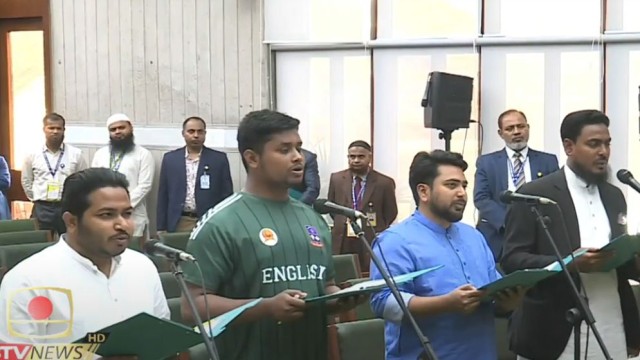
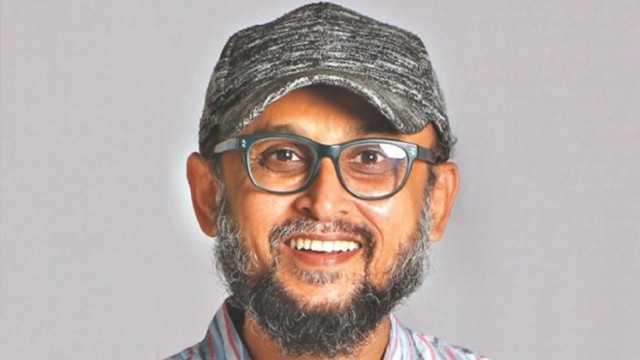
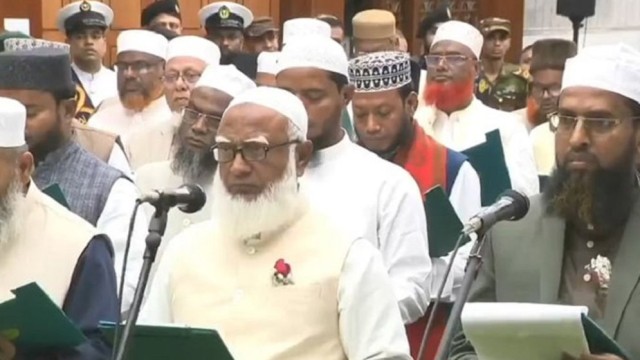
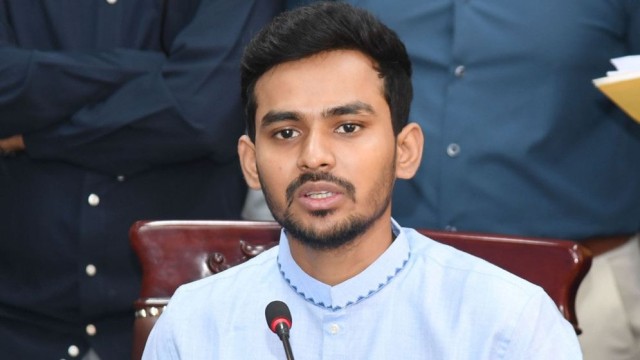











Comment: